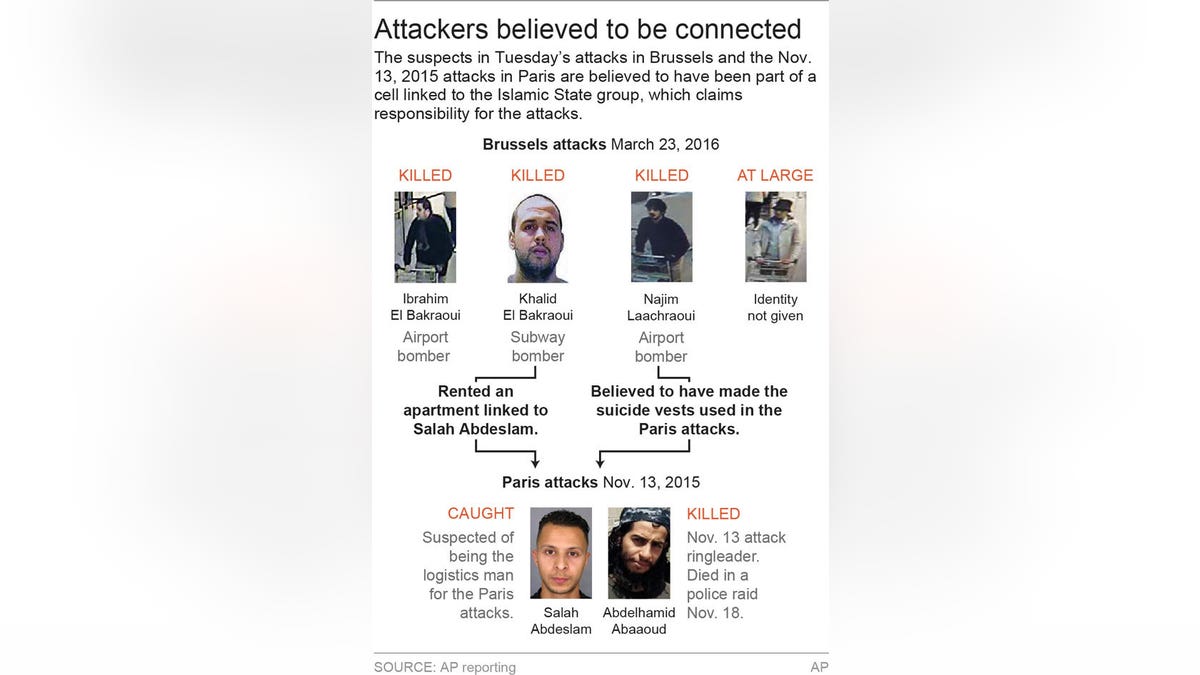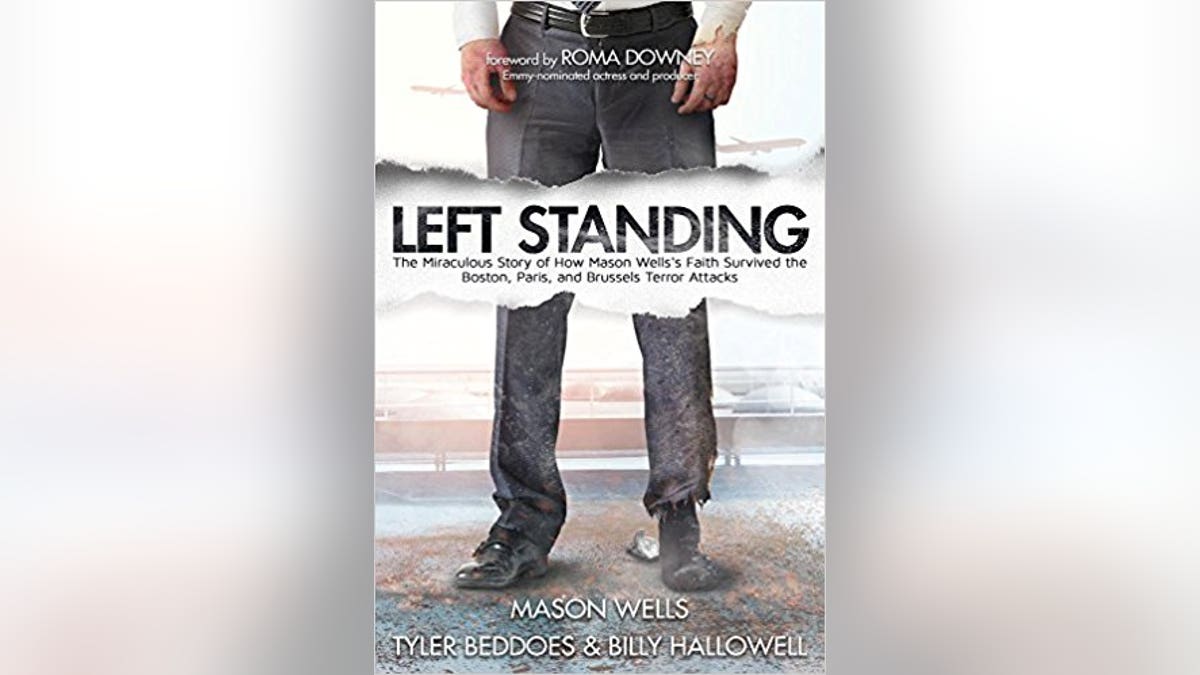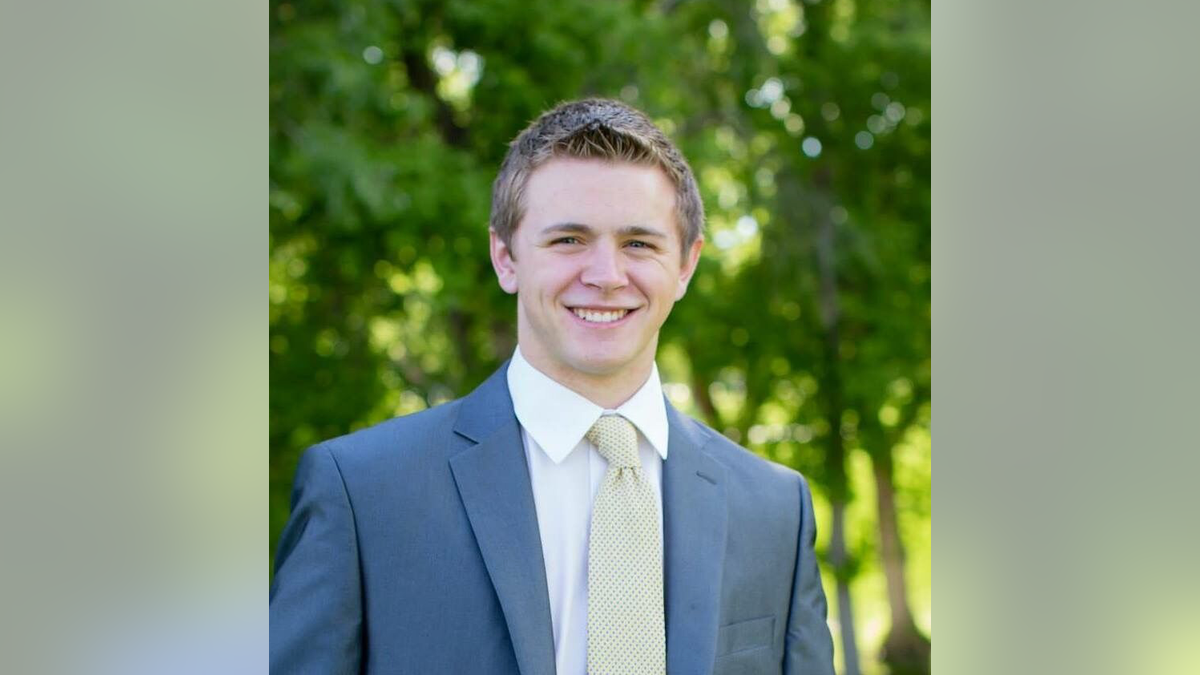
Map locates Brussels airport and Maelbeek metro station the locations of deadly terrorist bombings; 2c x 3 1/2 inches; 96.3 mm x 88 mm; (The Associated Press)
Amid the pain, suffering and horror that our nation has witnessed after a string of deadly shootings and terrorist attacks, something transformative has also been observed among the ashes: pure and unadulterated forgiveness.
It’s a collective display that holds the power and sway to both transfix and inspire us, while simultaneously refining our hearts, minds and souls.

We’ve seen it time and time again – the intense and almost unimaginable acts of forgiveness in the wake of deadly tragedy. It typically comes at the hands of people who are willing to push past their hurt and pain to muster up forgiveness for individuals who have inflicted the deepest and most gaping of emotional and physical wounds.
Just consider the remarkable events that unfolded after the Charleston shooting, when victims’ families openly forgave gunman Dylann Roof after he massacred their loved ones inside of a church in June 2015. The courageous act to offer him a gift he hadn’t asked for spoke volumes.
Then, just last month, Joe Holcombe, a great grandfather who lost nine family members during the horrific mass shooting at First Baptist Church in Sutherland Springs, Texas, shared yet another inspiring act of forgiveness when he told me just one day after the shooting that he holds no resentment for gunman Devin Kelley.
“I don’t hold any resentment to him. I wish he hadn’t of done it, but all I can say is that he is going to be rewarded for what he did – and he’s not going to like that reward,” Holcombe told me in an interview. “I don’t hate him by any means; I just feel sorry for him.”

Forgiveness is a topic I have personally grappled with this past year, as I co-authored a book about Mason Wells, a young man who survived multiple terrorist attacks and, despite facing potentially life-altering injuries, chose to forgive the terrorists responsible.
Titled, “Left Standing: The Miraculous Story of How Mason Wells's Faith Survived the Boston, Paris, and Brussels Terror Attacks,” the book tells Mason Wells’ story of surviving the Boston bombing and the Brussels airport bombing.
One of the most striking elements of Mason’s incredible story of miraculous survival is his decision to openly forgive the suicide bombers who nearly took his life in that airport. In fact, he wrote the terrorists a powerful letter that we included in “Left Standing.” Here it is:
“You must know that what you did was morally abhorrent, and it’s evident from your actions that you were deceived by evil, having given in to the twisted hatred that plagues the souls of men. You both ruined and ended lives – meaningful lives.
During a season that celebrates the very man who came to deliver forgiveness to a world that certainly doesn’t deserve it, perhaps we should all stop, think and ponder how we’re handling disappointments and conflict.
“In the end, your actions made it ever-clear that you don’t deserve to share this earth with good men and women. If I’m being honest, I’m glad both of you have moved toward God’s judgment. “You most certainly deserve the wrath of the Lord, but you also deserve His mercy. I hope that the morbid and vile tendencies you carry, to whatever extent they may be, are somehow changed, as you realize the gravity of who you have become.
“But make no mistake: Despite my harsh feelings about your acts, I have forgiven both of you. That, of course, doesn’t make what you did permissible. It never will be. I – along with every freedom-loving and rational person across this globe – condemn what you did in the strongest terms, but I have chosen not to allow hate to overtake my heart for either of you.
“I know that there is value in life, and I hope that you can go on living in the next life as happy as possible given what you’ve done and the heavy regret that will most certainly sit on your hearts. I hope one day that we can meet, so you can know that good has indeed come in the wake of your evil acts.
“Cordially, Mason Scott Wells, a Survivor.”
Mason’s letter left me with a key, introspective question that still lingers in my heart and mind: “Are you forgiving well?”
While that might sound like a strange way to word a question, it’s something I have continued to ponder, especially in recent weeks and months in the wake of personal and national tragedy.
Am I, at my core, forgiving to those who have wronged me – or am I harboring bitterness, anger and resentment? Seeking an answer is essential, especially in an era in which love is increasingly growing cold.
Plus, it seems like a particularly timely endeavor, considering that the celebration of Jesus’ birth is upon us. Forgiveness is many times easier said than done, especially when one’s offending acts are damaging, life-changing or violent.
But if Wells can forgive terrorists who left him with horrific burns, injuries and a long road to recovery – and if the family members of Christians who were horrifically gunned down in their places of worship can still follow Jesus’ commands and offer forgiveness – we must surely all think a bit deeper about where we stand in our own lives.
The holiday season can be a difficult time for many, especially if there are friends or family members who have harmed us or from whom we are estranged, but is anger really worth harboring? Life is short. Love is what matters.
It’s easy to hold a grudge and it’s much harder to overcome. But during a season that celebrates the very man who came to deliver forgiveness to a world that certainly doesn’t deserve it, perhaps we should all stop, think and ponder how we’re handling disappointments and conflict. And that’s exactly what Wells’ story has taught me to do. Will you join me?
Find out more about “Left Standing: The Miraculous Story of How Mason Wells's Faith Survived the Boston, Paris, and Brussels Terror Attacks” to learn more about how Wells overcame the unthinkable – and is now thriving.
